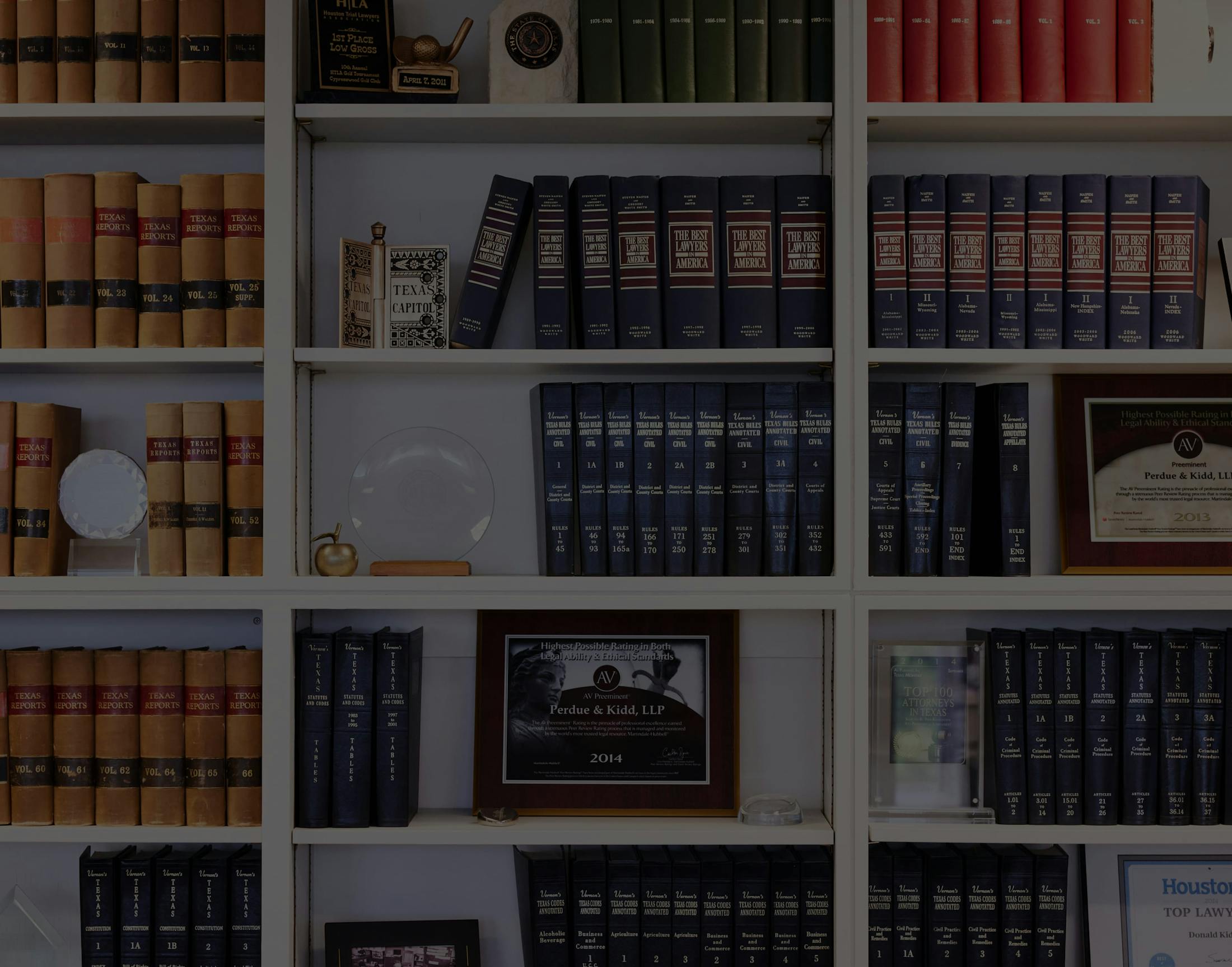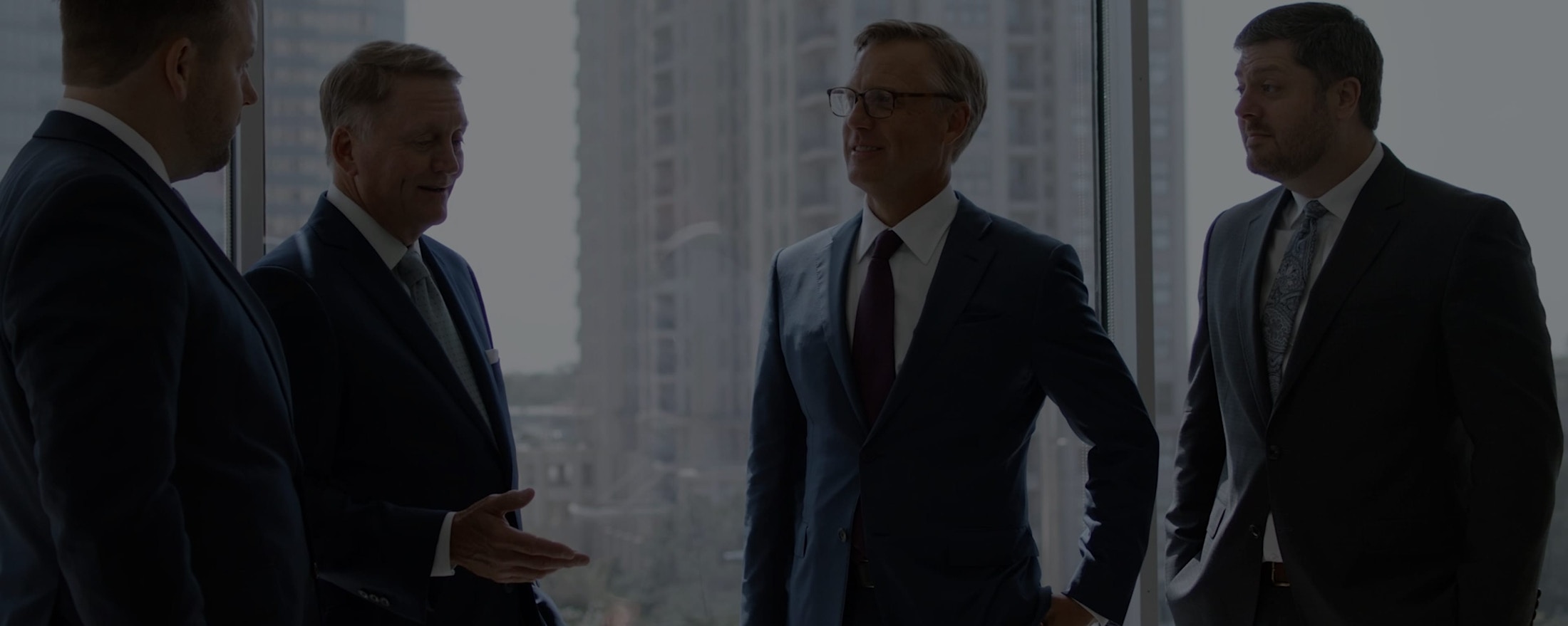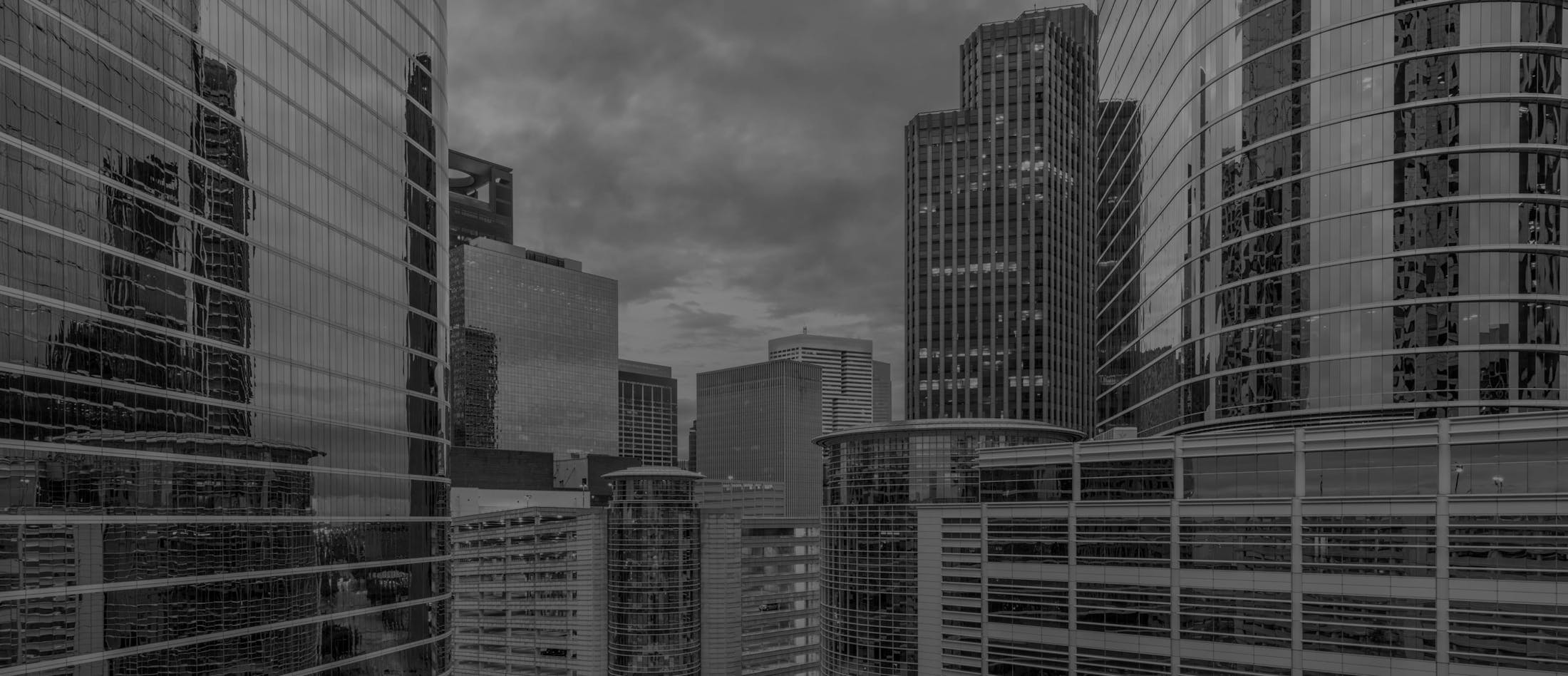Pizza delivery is a common part of everyday life in Houston, but when drivers prioritize speed over safety, accidents can happen. If you or a loved one has been injured by a reckless or negligent pizza delivery driver, you deserve justice and compensation.
The Risks of Pizza Delivery Accidents
Delivery drivers face pressure to meet tight deadlines, often leading to unsafe driving practices such as:
- Speeding: To make fast deliveries, drivers may exceed speed limits, putting others at risk.
- Distracted Driving: Using GPS apps or answering customer calls while driving can result in preventable accidents.
- Negligence at Intersections: Failing to yield, running red lights, or ignoring stop signs can lead to devastating crashes.
- Fatigued Driving: Many drivers work long shifts, leading to exhaustion and slower reaction times.
Pizza delivery drivers, especially those employed by large chains or gig-based services, are often operating under immense stress. While they aim to do their job, their mistakes can result in life-altering consequences for innocent victims.







